Rare Gene Mutation Linked to Unusual Movement Disorder in Infants
Researchers studied a patient with unusual movement problems linked to a change in the PRRT2 gene.
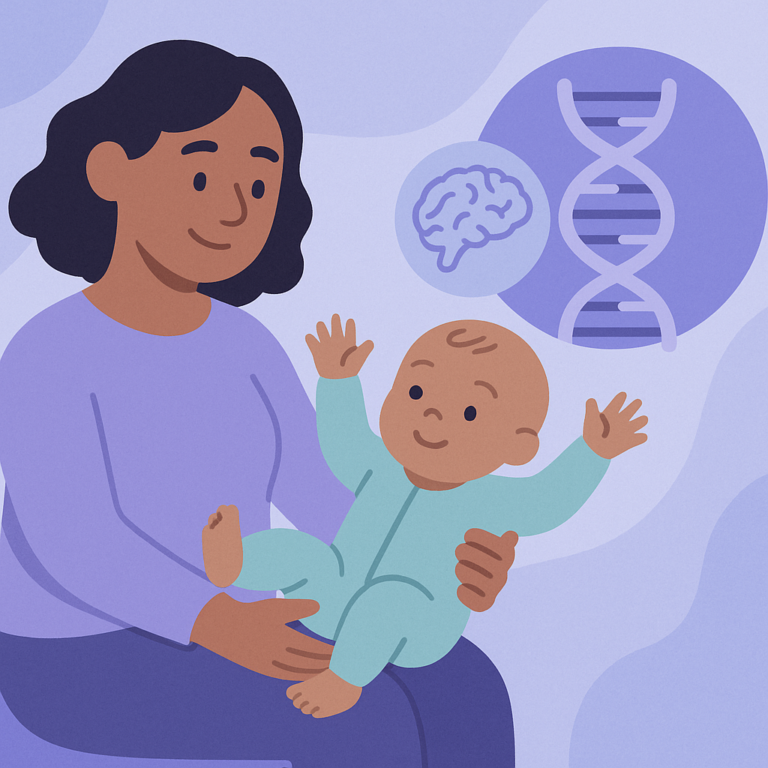
Researchers studied a patient with unusual movement problems linked to a change in the PRRT2 gene.

This study looked at how effective and safe four different medications—brivaracetam, cenobamate, lacosamide, and perampanel—are for adults with drug-resistant focal epilepsy.
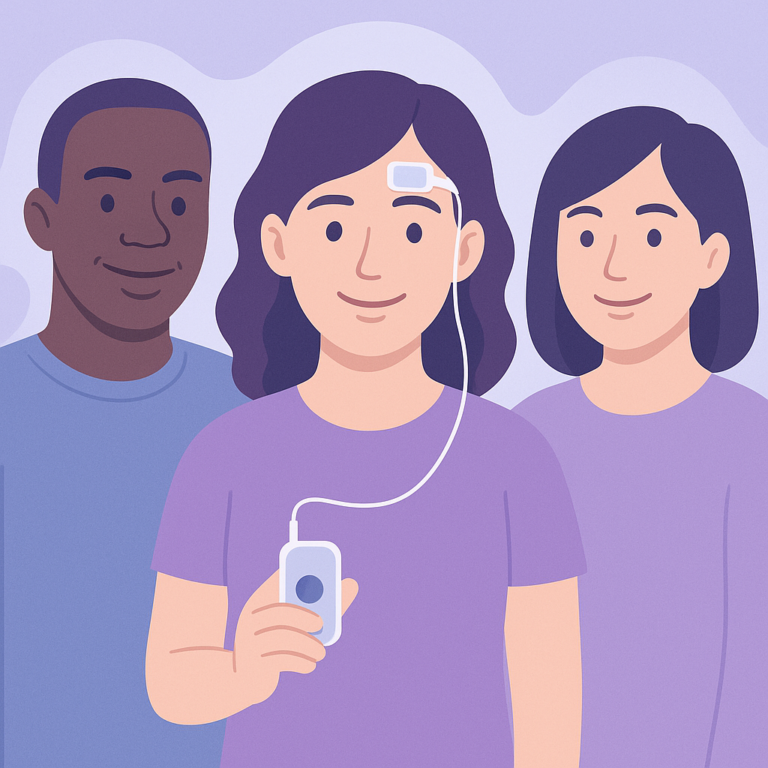
Researchers studied a technique called external trigeminal nerve stimulation (eTNS) to see how it might help with various neuropsychiatric disorders.
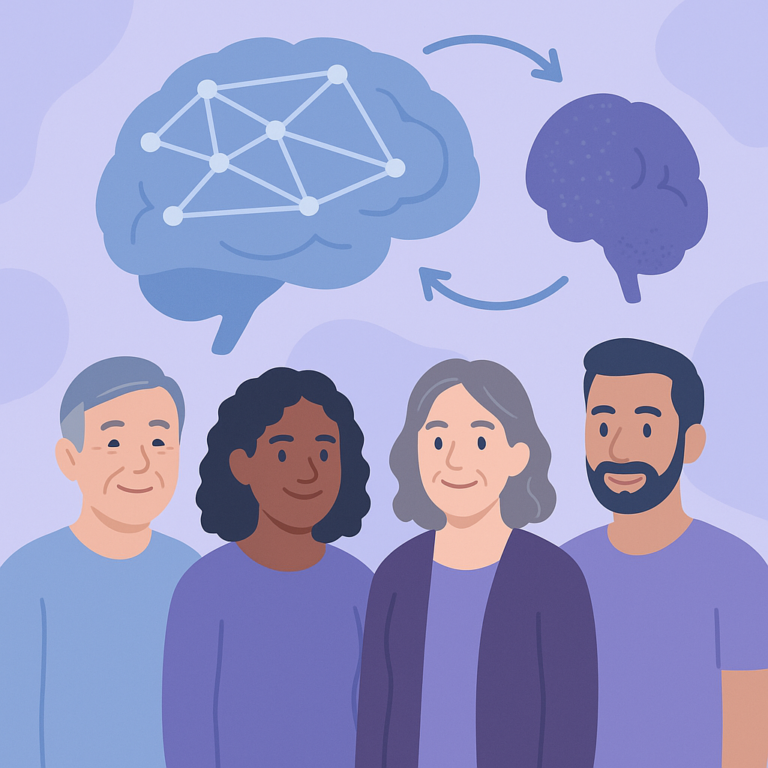
This study looked at people with spinocerebellar ataxia type 10 (SCA10), a rare genetic condition that affects movement and can cause seizures.
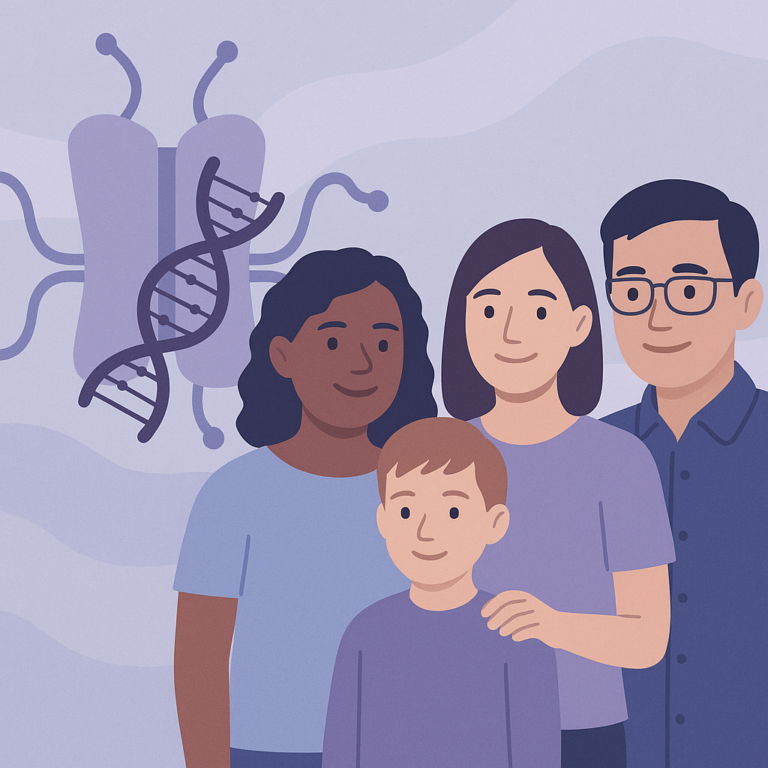
Researchers studied how certain genetic mutations in two proteins, KCNH1 and KCNH5, are linked to epilepsy and developmental disorders.
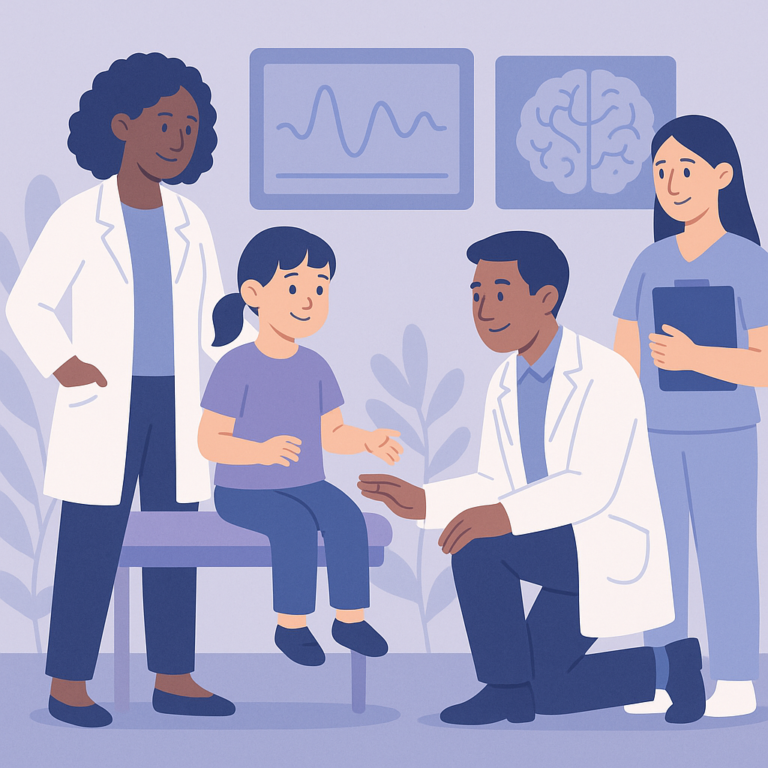
Researchers studied how children with movement disorders, specifically those with severe muscle stiffness (known as hypertonia), are evaluated before undergoing neurosurgery.
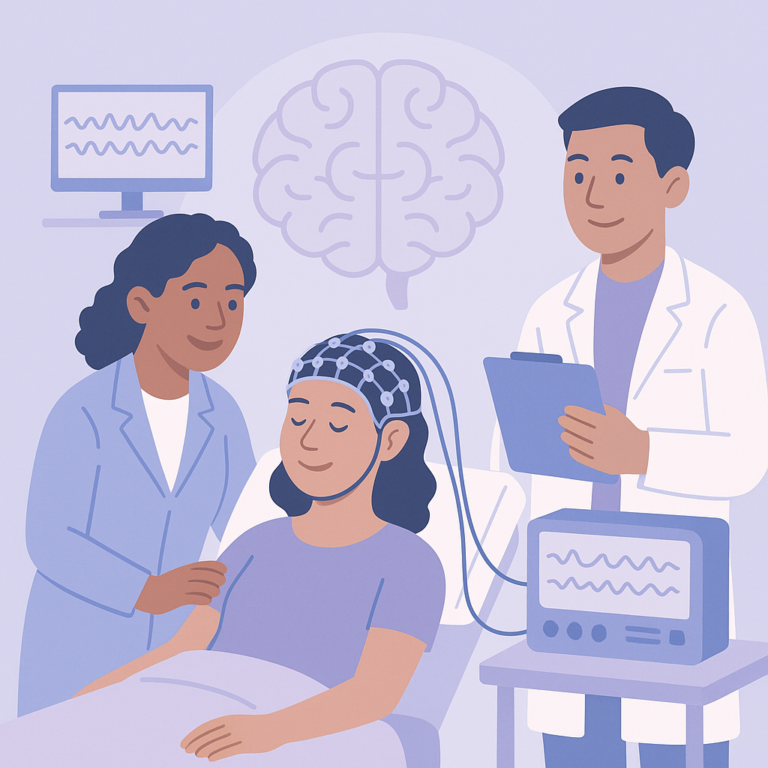
Researchers studied the use of a specific type of brain monitoring called thalamic stereoEEG in people with epilepsy.
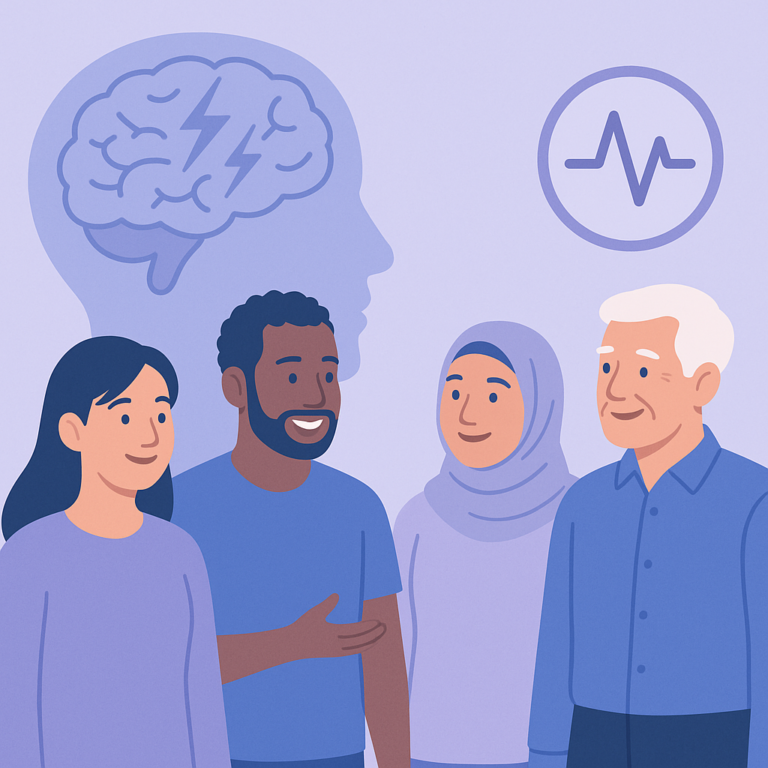
Researchers studied the characteristics and risk factors for developing epilepsy in people who had autoimmune or infectious encephalitis.

The I-ACQUIRE Phase 3 trial studied infants and toddlers aged 8 to 36 months who had experienced perinatal arterial ischemic stroke, which can lead to movement difficulties and other disabilities.